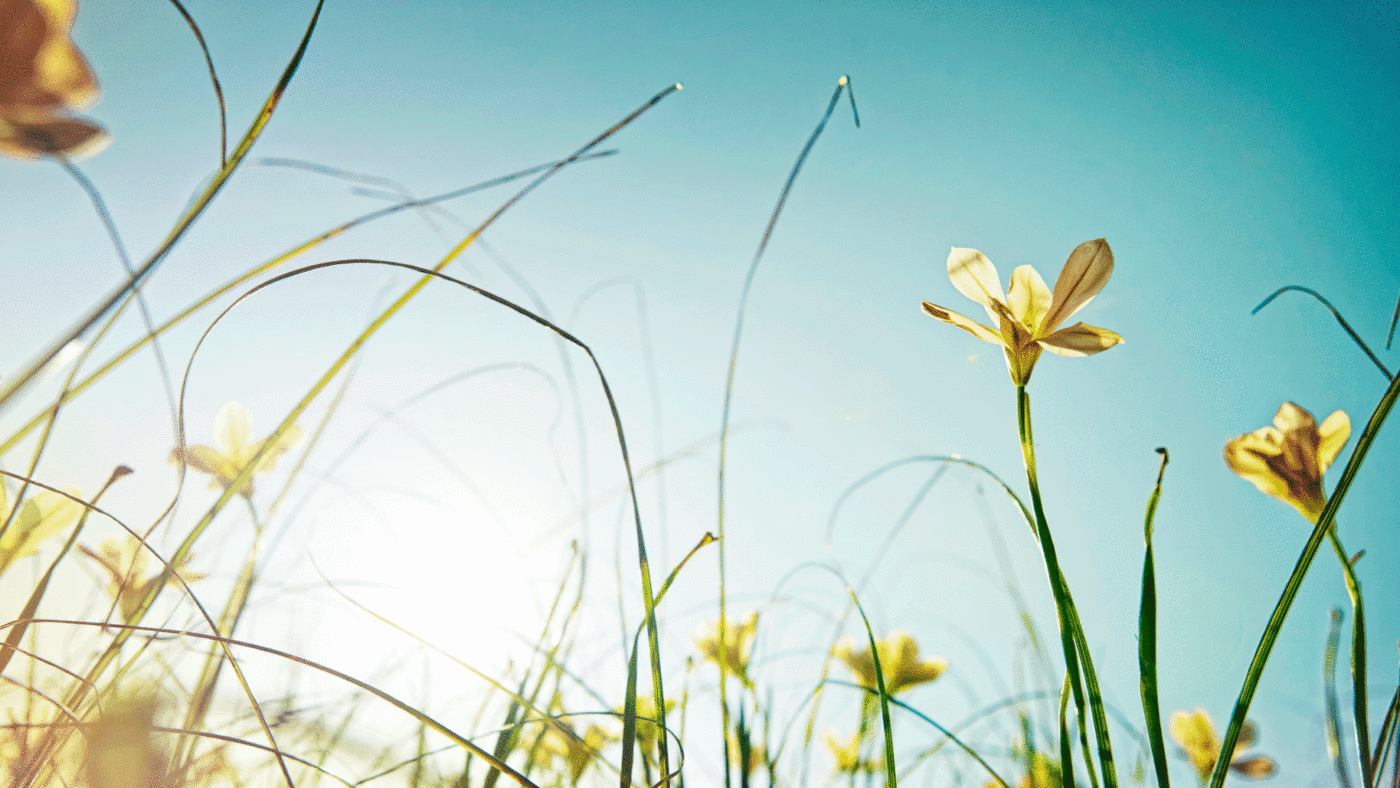The economy is an ecosystem. There are predators, there are lone wolves, there are sharks and cash cows. But in Britain today we have something more like a monoculture, with regulations, targets and uncompetitive practices mimicking the straight lines of crops and dead wood fences you see on industrial farms. What it needs is rewilding.
Rewilding is the concept of conserving lands and habitats by letting go and allowing nature to take the driving seat. As Isabella Tree wrote in her book Wilding, “In general, the more species living in an ecosystem, the higher its productivity and resilience. Such is the wonder of life. The greater the biodiversity, the greater the mass of living things an ecosystem can sustain.”
Likewise, in a vibrant, flourishing economy businesses grow, compete, eat each other and die in a wild, productive, beautiful and rich way. Free growth should be the ambition for our post-Brexit economy.
To be clear this is about businesses fighting it out in a Darwinian economy. Not people. A ‘survival of the fittest’ approach to the economy can actually help protect the most vulnerable in society, because we will be better able to afford the safety nets, infrastructure and public services that they rely on. When businesses, services and ideas have to fight for survival in a free market the whole system – the economy and society – gets stronger and more resilient.
Rewilding implies some important policy changes after Brexit. No more regimented furrows of highly regulated and indistinguishable businesses. It would lead to more ‘births and deaths’ as the ONS refers to the formation and closure of businesses. In 2019 (the latest year available and noting that 2020 is likely to be wildly distorted by Covid and furlough) 390,000 businesses were formed in Britain on top of 3 million that already existed. This gives a ‘business birth rate’ of 13%. A higher birth rate indicates a more dynamic economy. London, the British region with the highest productivity, highest wages and highest profits per worker also, and not coincidentally, has the highest business birth rate of 16%.
Of course, in a competitive environment some businesses will also die. The firms with something to fear would be zombies businesses kept from death by low interest rates and 100-year old corporates that are too cosy with government – rewilding threatens unnatural states and slow moving beasts.
The World Bank’s Doing Business 2020 report scores the UK as 8th out of 190 economies in the world to do business among peers like USA, Singapore, Denmark, New Zealand and South Korea. But that high score flatters the UK’s position. Look closer at the rankings and you’ll see the UK is not in the top five for anything, and for example ranks only 18th for starting a business, 27th for paying taxes and 37th for getting credit.
By leaving one club (the EU) and joining another (globally competitive service economies) the UK has arguably reduced the average score in both clubs. The big 4 of the EU27 (Germany, Spain, France and Italy) average around 35th place, and the rest of the EU average around 40th ranging from Denmark in 4th to Malta in an astonishing 88th place.
Post-Brexit the government should quickly make it easier to start a business by looking at what they do in New Zealand (ranked 1st by the World Bank), easier to pay the right taxes by looking at Singapore, or Austria for faster times to file and get VAT refunds. To make it easier to get credit they could look at New Zealand again, or Israel. But more fundamentally it is worth asking whether the current regulations around how lenders can engage, how they have to fund themselves and the risk-reward trade-off are optimal for encouraging business credit.
These are just examples. The regulatory freedoms that the UK-EU trade agreement provides should open up the possibilities for rewilding. As a direction of travel, the UK business ecosystem would benefit from a lifting of regulatory burdens. The World Bank report lists reforming countries each year in some detail – the UK should be leading the pack post-Brexit.
Speaking from her West Sussex farm, 15 years after they started rewilding, Isabella Tree remarked on the extraordinary health and diversity of her land: “Other endangered British birds – like nightingales, cuckoos, spotted flycatchers, fieldfares … skylarks, lapwings, house sparrows, lesser spotted woodpeckers, yellowhammers and woodcock – have all been recorded here in good numbers since the project began … The speed at which these events have happened has astonished observers, not least ourselves”. The same can happen if we rewild the British economy.
Click here to subscribe to our daily briefing – the best pieces from CapX and across the web.
CapX depends on the generosity of its readers. If you value what we do, please consider making a donation.


